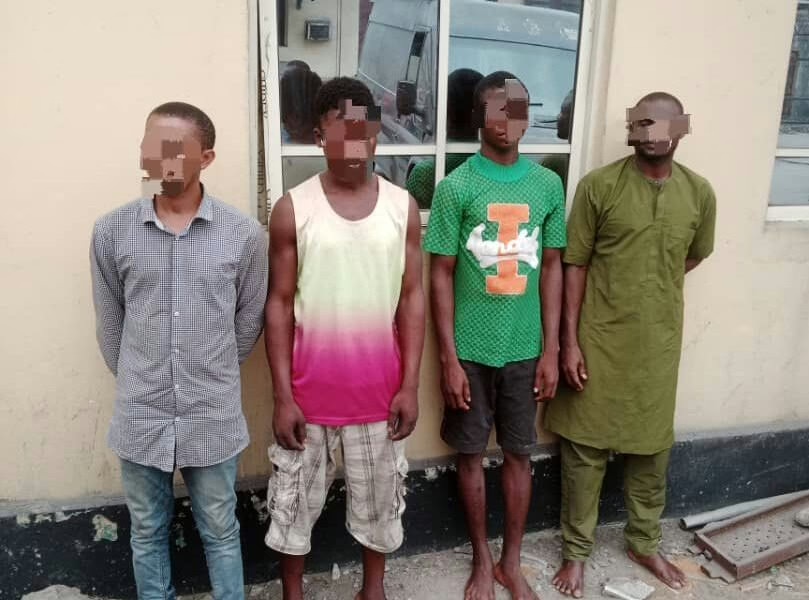By Emmanuel Oloniruha
The Independent National Electoral Commission (INEC) on Monday said if the insecurity ravaging the nation was not monitored and checked, it may lead to cancellation or postponement of 2023 elections in some areas.
INEC Chairman, Prof. Mahmood Yakubu, who spoke at the validation workshop of election security training resources in Abuja on Monday, lamented the insecurity ravaging the nation.
Yakubu was represented by the Chairman Board of Electoral Institute (BEI), Prof. Abdullahi Zuru.
“If the insecurity is not monitored and dealt with decisively, it could ultimately culminate in the cancellation and/or postponement of elections in sufficient constituencies to hinder declaration of election results and precipitate constitutional crisis.
“This must not be allowed to happen and shall not be allowed to happen,” he said.
Yakubu said that election security was significant to the commission given the current insecurity challenges in various parts the country and the fact that the National Youth Service Corps (NYSC) members constituted the core of the Polling Unit election officials.
“Therefore, security personnel in particular and all election officials in general must be security conscious and alert to unusual activities in their environment and must be fully equipped to deal with any challenge at all times.
“To this end, the National Security Adviser, Gen. Mohammed Babagana Monguno; and the Chairman, INEC have jointly assured the nation that conducive environment will be provided for successful conduct of the 2023 general Election.
“Similarly, the Inspector General of Police, Usman Baba, has conducted Election Security Management Workshops across the Six Geopolitical Zones.
“On its part the Commission, through The Electoral Institute, has institutionalised the development and implementation of a cascaded training mechanism for security personnel as a critical component of its training plan.’’
Yakubu said that INEC in its commitment to improve electoral process had introduced new innovative technologies and procedures and made commitments to the Nigeria that technologies, now backed with 2022 Electoral Act, would be deployed for the elections.
The technologies, according to Yakubu, include the Bimodal Verification and Accreditation System (BVAS) and INEC Results Viewing (IReV) to upload real-time PU result using the same BVAS.
He said that the commitments required innovative security strategies and deployments for protection of voters, election personnel, materials, equipment, the electoral processes as well as the general public and infrastructure.
Yakubu said reports on the conduct of security operatives during the elections conducted by the commission specifically stand-alone Governorship Elections in Ekiti and Osun States show progressive and commendable improvement in their disposition to electoral training and professionalism on election duties.
In his remarks the Director-General, The Electoral Institute (TEI) DR. Sa’ad Idris, said the validation workshop was in line with the Commission’s practice to review Training Manuals and resources.
Idris said that was in line with the 2022 Guidelines and Regulations for the Conduct of Elections and the Inter-agency Consultative Committee on Election Security (ICCESS)report on election security.
The Documents to be validated at the workshop according to Idris include the Electoral Security Personnel (ESP) Training Manual; The Electoral Security Personnel (ESP) Training Facilitators Guide; The Electoral Security (ESP) Handbook; and The Basic Security in Election Duty











